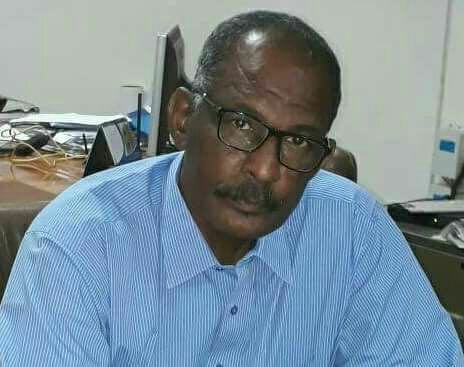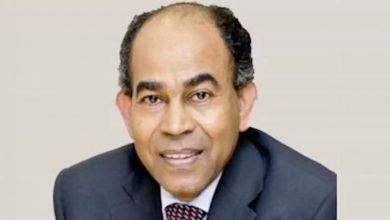Opinion
The Selection of Hamdok: Secrets and Mysteries (3)

By Mohammed Wadaa
On November 21, 2024, the writer published an article titled “The Selection of Hamdok: Secrets and Circumstances – Part 2.” Despite the pressing circumstances prioritizing battlefield news, significant and valuable responses came in, carrying documentation and historical importance. These responses came from key players during that period. The article appears to have garnered considerable attention and widespread discussions. Due to the importance of the response by Mr. Mohamed Khattab, it is worth publishing today. The series of articles will resume later, especially since his response addresses several points raised in the previous article.
In his message, Mr. Mohamed Khattab referred to the statement in the article:
“Prime Minister Abdalla Hamdok held several meetings with the nominations committee and requested a change in the nomination of Dr. Omar Manis from the Ministry of Federal Governance to the Ministry of Cabinet Affairs, which the ‘Civil Society Bloc’ insisted should go to Mr. Madani Abbas Madani.”
Khattab clarified:
*”The ‘Civil Society Bloc’—officially named [The Civil Forces Bloc]—did not insist on nominating Mr. Madani Abbas Madani for the Ministry of Cabinet Affairs. He was not their nominee for this or any other ministerial position. Their nominee for this role was Mr. Ismail Mohamed Ali Wadi, as per the list submitted by the Civil Forces Bloc’s Nominations Committee and approved in a fully attended bloc meeting. This was then forwarded to the Freedom and Change Nominations Committee. The bloc had decided not to nominate individuals who might face conflicts of interest. Since Mr. Madani Abbas Madani represented the bloc in the negotiating delegation, it refrained from nominating him for a ministerial position.
However, bloc representatives were surprised when the Central Council meeting dropped Mr. Ismail Wadi’s name and put forward Mr. Madani Abbas Madani instead. They objected, but the Nominations Committee later revealed that the bloc’s representatives on the committee did not submit Mr. Ismail Wadi’s name but rather Mr. Madani Abbas Madani’s. When the bloc’s representatives requested rectification, they were informed that Mr. Madani Abbas Madani had been nominated by multiple blocs, including the Federal Gathering Bloc. This led to disciplinary actions against the bloc’s representatives on the Freedom and Change Nominations Committee for failing to submit Mr. Ismail Wadi’s name.
Similarly, Mr. Nasr al-Din Abdel Bari bypassed three more qualified and preferred candidates for the position of Minister of Justice: Ebtisam Sanhouri, Dr. Othman Mohamed Ali, and Dr. Mohamed Abdelsalam. The article did not mention—or perhaps was unaware—that the initial selection fell on Mr. Mohamed Abdelsalam. He was personally informed by Prime Minister Hamdok, who asked for his acceptance. Mr. Abdelsalam agreed and began reorganizing his commitments and canceling ongoing contracts with international and regional entities.
Later, however, he was contacted by one of Hamdok’s close associates, who apologized, stating that the decision had been reversed and another candidate, Nasr al-Din Abdel Bari, had been appointed instead.
Many members of the Freedom and Change coalition and the Nominations Committee agree that the circumstances surrounding Nasr al-Din Abdel Bari’s appointment as Minister of Justice remain puzzling and mysterious. Hamdok himself had initially informed Mr. Mohamed Abdelsalam of his selection, asked for his approval, and then unilaterally changed his decision without consulting anyone. Dr. [name omitted for privacy], who was tasked by Hamdok with informing Mr. Abdelsalam of the reversal, further highlights the manipulation within the Central Council of Freedom and Change.
This manipulation began early and was spearheaded by a group of four individuals, later joined by a fifth after the signing of the Juba Peace Agreement. Surprisingly, the Central Council group was fully aware of these details. No one protested or opposed the actions orchestrated in the “kitchen of the five.” The question remains: why? We shall continue.”


